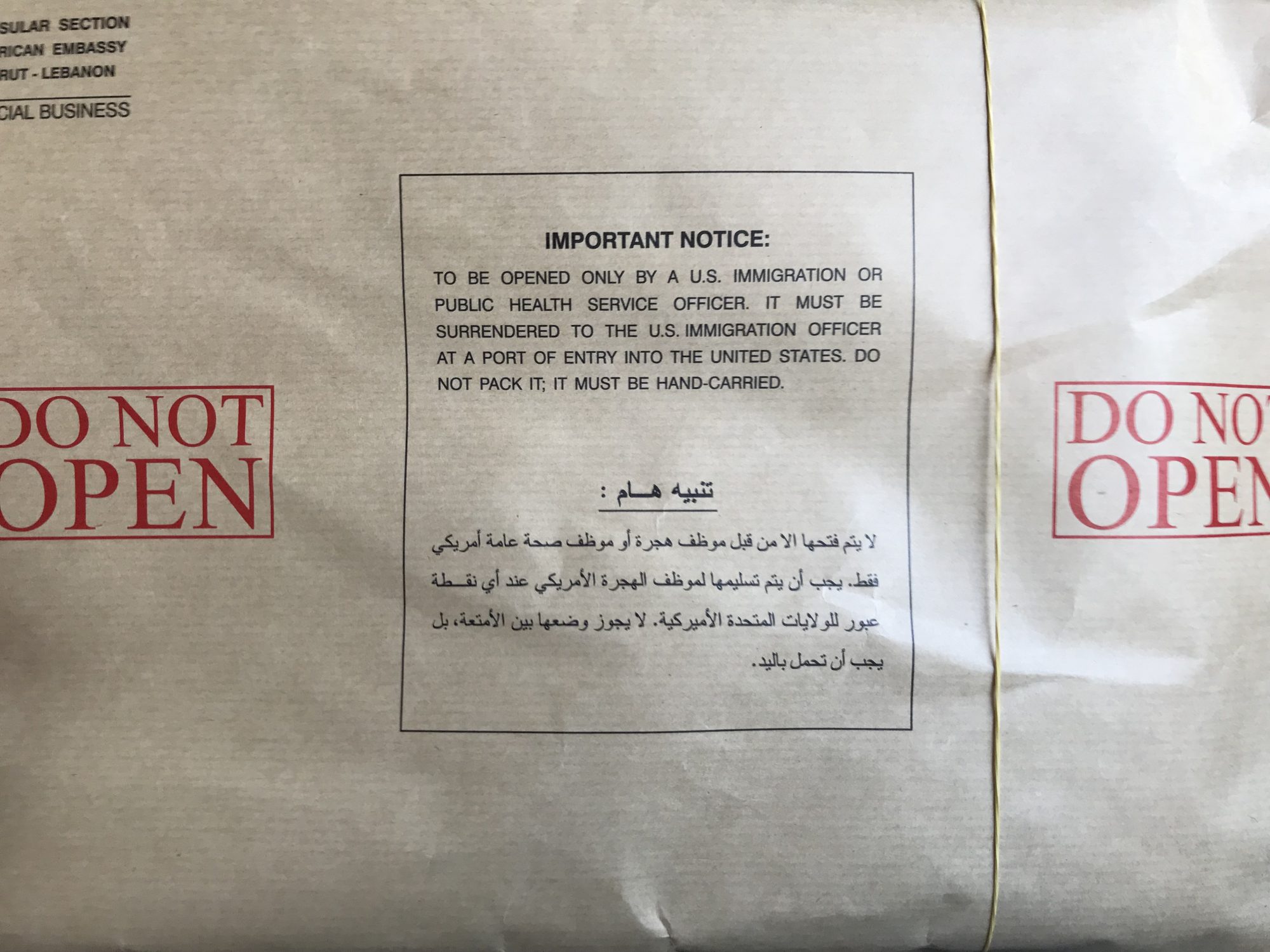What is the meaning of life? If I were trying to be funny, I’d respond to that question with a “yes.” Because, yes, that is exactly it—meaning is the “what” of life. We seek it, we make it, we unmake it & remake it—we are compositional beings all the way down.
Even when rejecting meaning, as in the convulsions of postmodern nihilism, we are reacting to that very same “what”—what? “Why, it’s nothing,” comes the answer. The what is no-thing and so—wait for it—that “so”? That’s meaning.
If you are reading this, you are making sense of it under the faint shadows of metanarrative. For the past half-century, western culture has been reeling from the nausea of contingency: the only law is that there is no law—the only story is that there are only stories.
Everything can be rewritten, that much we can agree on, but what ought we write? May we write again?
For a long time it felt like we could not, but now I think that mood is lifting. The puritan-clinical impulse to reject & reduce appears to be giving way to the catholick-poetical impulse to accrete & amplify. We are building new cathedrals of synthetic truths; we are becoming baroque again. We are daring to look skywards & peer into the “Center of Nature”—into the very heart of the matter, into our selves.
With the advent of all these surprising alliances of disparate thought & practice that many of us at the intersections of spirituality writ large are enmeshed in, what we are doing is reaching back into the “reject” pile. We are circling back to zero knowing that it is far from no-thing—it is pregnant with potential and enwombed by all that has come before.
We are compositional beings enmeshed in the compositions of others. The vocabulary changes but the insight is the same whether you pick it up from Marx or from Kabbalah. Hence “meaning” is a mashup; it’s made through interpretation & interpolation. We read in order to write & write in order to read—and be read & be re-written.
This is how Rowan Williams puts it in a talk he gave about fiction:
“Why is it that we read novels or indeed write them? I suspect that one reason we read novels is that we’re all of us aware, either guiltily or joyfully or gratefully, that we discover who we are and what we are partly by telling and retelling stories about ourselves. Most of us know what it’s like to reinvent ourselves as we tell our story.
And so when we read a novel, one of the things that’s going on is that we’re watching a person, a self, in the process of being constructed as a story unfolds.”
I don’t read many novels but I recognize the same pattern in all texts; when we open up a book of theory or philosophy, we are engaging in story not that unlike a novel as Williams describes it:
“We’re looking not just at a story of how a life unfolds and how a person gets made; we’re also looking at the very different kinds of meaning, the very different kinds of trajectory that could emerge.
You get a sense of the fragility and the oddity of human identity. All of which adds up to quite a good set of reasons for reading novels if we’re interested in people, yourself, the world, or even, in my line of business, God.”
I don’t read novels but I am interested in people, in the world, and in God. And I am starting to recognize and validate my interest in myself as well.
The “pleroma” of personality metrics I’ve looked into recently has become a running joke among friends. It’s part pop-cultural gamification—they give us quizzes, we give them clicks—part narcissism (ngl), & part pursuit of truth. And all of it together is a spiritual necessity.
Know thyself! That’s the Delphic imperative. Or as one hero of the esoteric Christian faith put it in albeit outmoded terms:
“Man can undertake nothing from the beginning of his youth nor in the whole course of his time in this world that is more profitable and necessary for him than to know himself.” (Jacob Böhme, ‘The Three Principles’)
And why? Because as reader-writers of the signs & signatures of this world, we have a duty to know our hermeneutic instrument; because what we bring to a text conditions what we take out and give back to it. Indeed, /we/ are what makes or breaks sense—meaning—relationship.
Which is why it’s always useful to start again. In the folklores of tarot, we shuffle back to the card numbered zero without forgetting the rest of the deck. In the mythologies of the moon, we cycle back to the dark moon without forgetting the light at its fullest. And in the Christian tradition, we celebrate the coming of the Christ knowing full well where that child is going and taking us.
We double back to the holy folly of a second and third and fourth naïveté. And we begin composing the “what” of life again.
